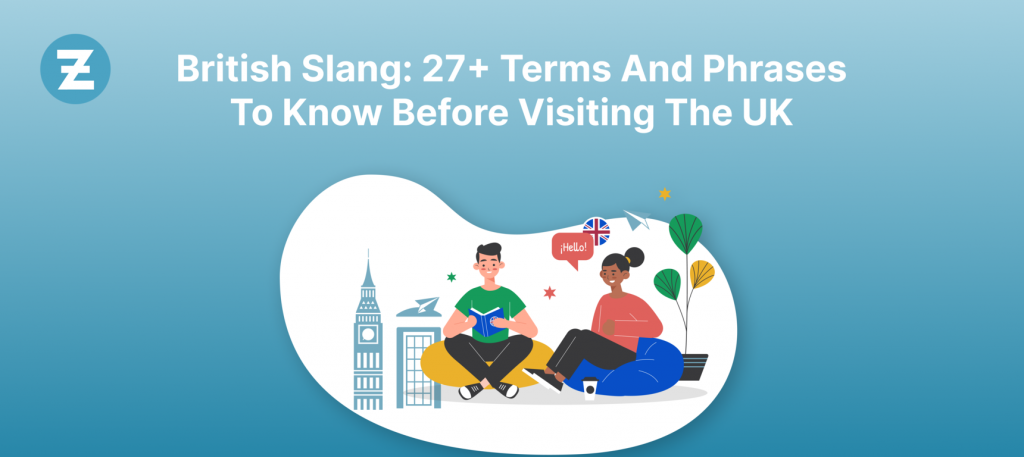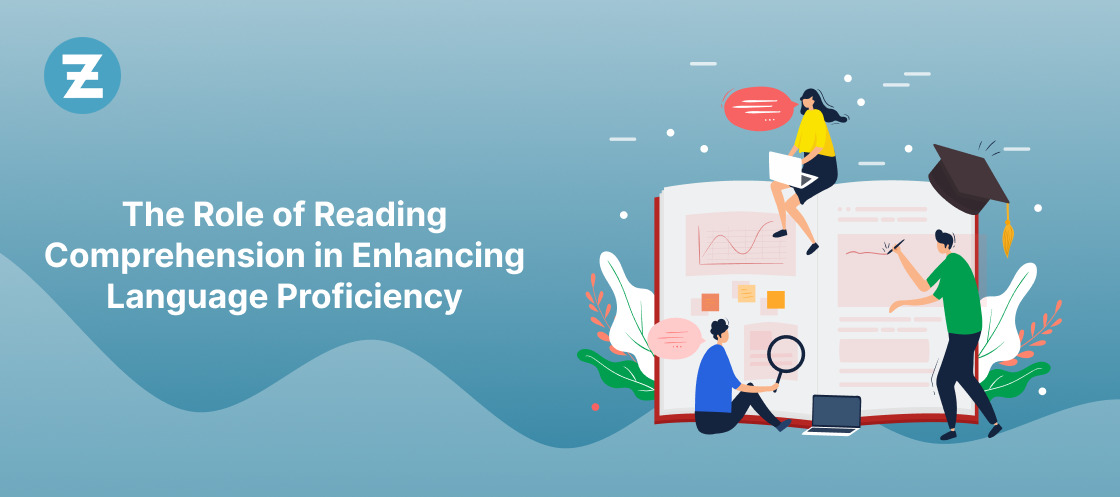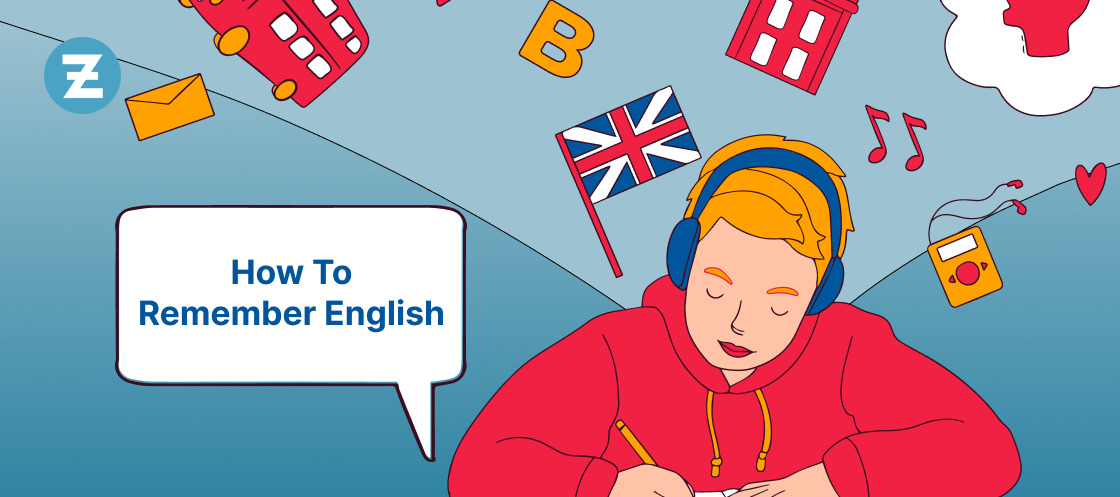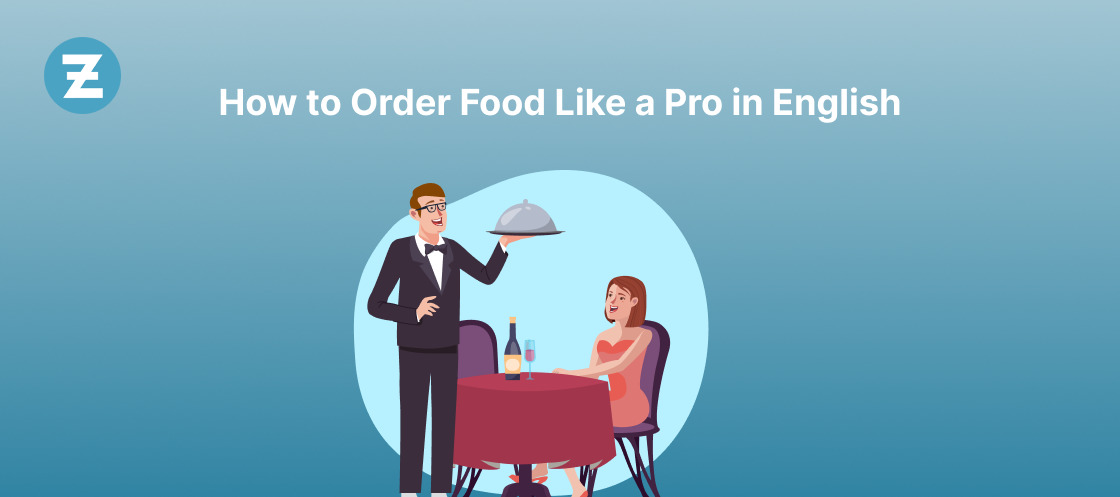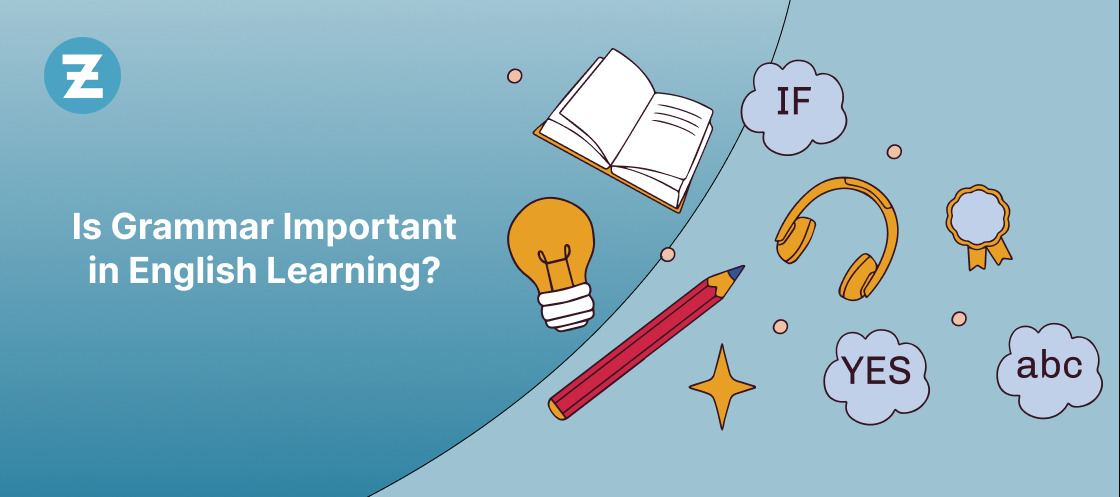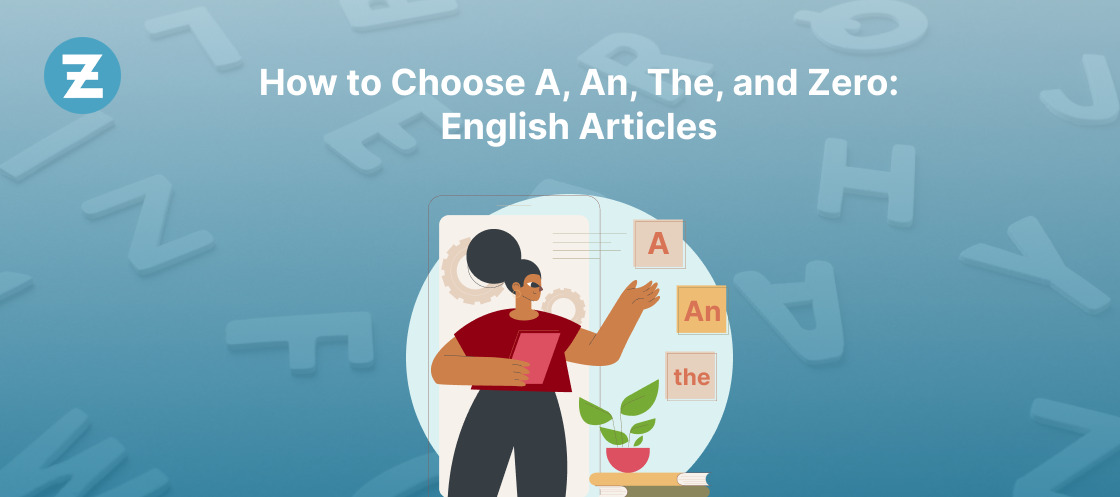Welcome to the exciting realm of UK English slang! Whether you’re an avid language learner or simply someone intrigued by the intricacies of British culture, understanding and mastering the slang used across the United Kingdom is invaluable.
While English is a universal language, slang and colloquial expressions in different regions can create a fascinating linguistic tapestry.
In this blog post, we will dive into the realm of UK English slang, equipping you with 17+ essential terms that will broaden your vocabulary and provide you with insight into the unique language used by native speakers in the United Kingdom.
Whether you’re planning a trip to the UK or simply wish to expand your linguistic repertoire, this guide will be an invaluable resource to help you navigate the vibrant world of British slang confidently and understandably.
So, let’s embark on this language-learning adventure together and discover the richness of UK English slang!
Read Also: Most Useful American Slang Words You Need to Know
Top British Slang Phrases & Sentences
-
Chuffed
When someone says they’re “chuffed,” it means they are delighted or pleased about something. It conveys a sense of happiness or satisfaction.
For example, “I’m absolutely chuffed with my exam results!
-
Knackered
This slang term is used to describe extreme tiredness or exhaustion. If someone says they are “knackered,” it means they are very tired and in need of rest.
For instance, “After a long day at work, I’m completely knackered.”
-
Bants
Short for “banter,” this term refers to playful and humorous conversations or exchanges between friends. It involves light-hearted teasing, jokes, and witty remarks.
For example, “We had such great bants during our game night.”
-
Cheeky
When something is described as “cheeky,” it means it’s playfully impudent or daring in a lighthearted way. It can refer to a comment, action, or behavior that is mildly mischievous or teasing.
For instance, “He made a cheeky comment about my new haircut.”
-
Fag
In British slang, “fag” is a colloquial term for a cigarette. It’s an informal and commonly used word among smokers. However, it’s worth noting that “fag” is also a derogatory term for a homosexual in some contexts, so it’s important to be aware of the potential offensive connotation.
-
Cuppa
Short for “cup of tea,” this slang term refers to a hot beverage, typically tea. It is commonly used in phrases like “Let’s have a cuppa” or “I could do with a cuppa right now.”
-
Bum
In British slang, “bum” is a term used to refer to one’s backside or buttocks. It can also be used as a verb meaning to beg or to borrow something.
For example, “I fell and hurt my bum” or “Can I bum a cigarette from you?”
-
Mate
“Mate” is a widely used term in British slang to refer to a friend or acquaintance. It is similar to “buddy” or “pal” and is often used in casual conversations.
For instance, “Hey mate, how’s it going?”
Read Also: 15 English Phrases To Express Your Feelings
-
Ledge
Short for “legend,” “ledge” is a slang term used to describe someone who is cool, admirable, or highly respected. It’s often used as a compliment to acknowledge someone’s positive qualities.
For example, “He helped me out when I was in a tight spot. He’s a real ledge.”
-
Gutte
When someone says they are “gutted,” it means they feel extremely disappointed, devastated, or upset about something. It expresses a deep emotional letdown or frustration.
For instance, “I didn’t get the job I wanted. I’m absolutely gutted.”
-
Sherbets
In British slang, “sherbet” is used to refer to the feet. It’s a playful and informal way of talking about one’s feet.
For example, “My sherbets are sore from walking all day.”
-
Trollied
When someone is “trollied,” it means they are heavily intoxicated or drunk. It suggests a state of being completely under the influence of alcohol.
For instance, “After a night of partying, he was absolutely trollied.”
-
Narky
If someone is described as “narky,” it means they are irritable, moody, or easily annoyed. It implies a sense of grumpiness or a short temper.
For example, “She’s been quite narky all day. I don’t know what’s bothering her.”
-
Fluke
In British slang, “fluke” is used to describe a fortunate or lucky occurrence that happens by chance rather than skill or intention. It refers to something unexpected and positive happening unexpectedly.
For instance, “She didn’t study much but passed the test by fluke.”
-
Arsed
“Arsed” is a slang term used to express a lack of interest, motivation, or enthusiasm about something. It suggests a feeling of not wanting to make the effort or care about a particular situation.
For example, “I can’t be arsed to go out tonight. I just want to stay home and relax.”
-
Gagging
In British slang, “gagging” is used to express a strong desire or extreme excitement about something. It implies a feeling of anticipation or eagerness.
For example, “I’m absolutely gagging for a slice of pizza right now!”
-
Cracking
When something is described as “cracking,” it means it is excellent, outstanding, or of high quality. It conveys a sense of admiration or approval.
For instance, “That was a cracking performance by the band last night.”
-
Bloody
“Bloody” is a versatile slang term used in British English to intensify a word or express emphasis. It is often used as a mild expletive to add emphasis or frustration.
For example, “It’s bloody cold outside!” or “I’m bloody tired.”
Read Also: Common English connectors used in everyday conversations
-
Bloke
“Bloke” is a commonly used term in British slang to refer to a man or a guy. It is similar to “guy” or “dude” in informal contexts.
For instance, “I met a nice bloke at the pub last night.”
-
Blimey
“Blimey” is an exclamation of surprise, shock, or astonishment. It is often used to express mild disbelief or amazement.
For example, “Blimey, I can’t believe she won the race!”
-
Dodgy
“Dodgy” is a slang term used to describe something or someone that is suspicious, unreliable, or potentially risky. It suggests a lack of trustworthiness or questionable nature.
For example, “I wouldn’t buy that phone, it looks a bit dodgy.”
-
Loo
“Loo” is a widely used slang term in British English for a bathroom or toilet. It’s a casual and informal way of referring to the restroom.
For instance, “Excuse me, where’s the nearest loo?”
-
Brilliant
In British slang, “brilliant” is used to express something that is excellent, fantastic, or great. It conveys a high level of enthusiasm or approval.
For example, “The concert last night was absolutely brilliant!”
-
Wanker
“Wanker” is a derogatory term in British slang used to describe someone who is considered foolish, irritating, or obnoxious. It’s an offensive term and should be used with caution or avoided.
For instance, “He’s such a wanker, always causing trouble.”
-
Cheers
“Cheers” is a versatile slang term used in British English that has multiple meanings. It can be used as a casual way to say thank you or express gratitude, similar to “thanks.” It can also be used as a toast when raising a glass in celebration.
For example, “Cheers for helping me out!” or “Cheers! Let’s have a drink.”
-
Nutter
In British slang, “nutter” is a term used to describe someone who is crazy, eccentric, or mentally unstable. It’s a colloquial way to refer to someone with unconventional or erratic behavior.
For example, “Did you see that guy dancing in the street? He’s a proper nutter.”
-
Fancy
“Fancy” is a versatile term in British slang. When used as a verb, it means to have a romantic interest or attraction towards someone. It implies finding someone appealing or desirable. For instance, “Do you fancy going out for dinner?” As an adjective, “fancy” can mean something elaborate, decorative, or sophisticated.
For example, “She’s wearing a fancy dress to the party.”
-
Gobsmacked
If someone is “gobsmacked,” it means they are utterly astonished, surprised, or amazed by something. It conveys a sense of disbelief or shock.
For instance, “I was gobsmacked when I won the lottery.”
-
Bollocks
“Bollocks” is a versatile slang term in British English. It can be used to express disbelief, disappointment, or frustration. It’s often used in phrases like “That’s a load of bollocks” or “You’re talking bollocks,” meaning that something is untrue or nonsensical. However, “bollocks” can also refer to the testicles and is considered vulgar or offensive in some contexts.
Read Also: Ways to improve your English listening skills
Conclusion
As we conclude this exploration into the vibrant world of British slang, we hope this guide has provided valuable insights and expanded your understanding of the unique linguistic expressions used in the United Kingdom. British slang adds color, flair, and cultural depth to the English language, allowing you to immerse yourself in the intricacies of British culture truly.
By familiarizing yourself with these 27+ UK English Slang words, you’ve taken a significant step towards enhancing your language skills and embracing the nuances of informal communication. Whether planning a trip to the UK, engaging with British friends and colleagues, or simply aiming to broaden your language repertoire, these slang terms will undoubtedly prove useful.
Remember, UK English slang is ever-evolving and varies across different regions and social contexts. Embrace the opportunity to continue learning and exploring the rich tapestry of the English language. Immerse yourself in British media, converse with native speakers, and observe how these slang words are used in context.If you want to explore more words like these or enhance your pronunciation skills, utilizing online language polishing apps can greatly benefit you in refining your English and becoming a more proficient speaker. Download the app now to embark on a journey of language improvement.
FAQs
Q.1 What is British slang?
British slang refers to informal and colloquial language expressions in the United Kingdom. It includes unique words, phrases, and idioms commonly used in casual conversations among British English speakers.
Q.2 Why is it important to learn British slang as an English learner?
Learning British slang can help you better understand and communicate with native speakers in informal settings. It adds cultural depth to your language skills, enhances your comprehension of British media, and fully immerses you in the nuances of the English language.
Q.3 Are slang words used only in the UK?
While many slang words are specific to the UK, some may also be used in other English-speaking countries. However, the usage and meaning of certain slang words may vary across different regions, so it’s important to be mindful of the context in which they are used.
Q.4 Can I use British slang in formal settings?
British slang is primarily used in informal and casual contexts. Using slang words in formal settings, such as business meetings, academic environments, or professional correspondence, may not be suitable or appropriate. It’s essential to understand the appropriate register for each situation.
Q.5 Are there any slang words I should be cautious about using?
Yes, it’s important to be cautious when using slang words, as some may be considered offensive or inappropriate in certain contexts. Before using, it’s advisable to familiarize yourself with the cultural connotations and potential sensitivities associated with specific slang words.
Q.6 Can I mix British slang with other forms of English?
Mixing British slang with other forms of English can be done, but it’s important to be aware of the audience and context. Using slang from different English-speaking regions can create a unique blend of expressions but ensure that it doesn’t lead to confusion or miscommunication.
Q.7 Should I use slang words in formal English exams or writing assignments?
It’s generally best to avoid using slang words in formal English exams or writing assignments. Stick to standard English and formal vocabulary to demonstrate your proficiency in the language. Save the use of slang for appropriate informal contexts.
Q.8 Can learning British slang improve my overall English language skills?
Yes, learning British slang can enhance your overall English language skills. It helps with vocabulary expansion, comprehension of informal conversations, cultural understanding, and adapting to different English-speaking environments. It adds depth and versatility to your language abilities.


